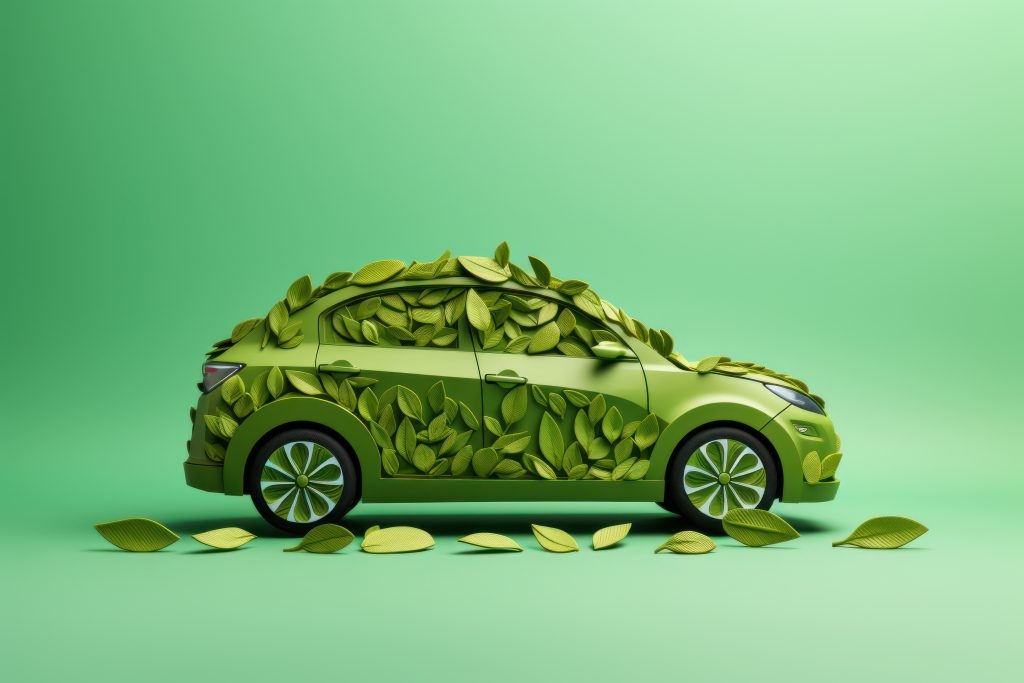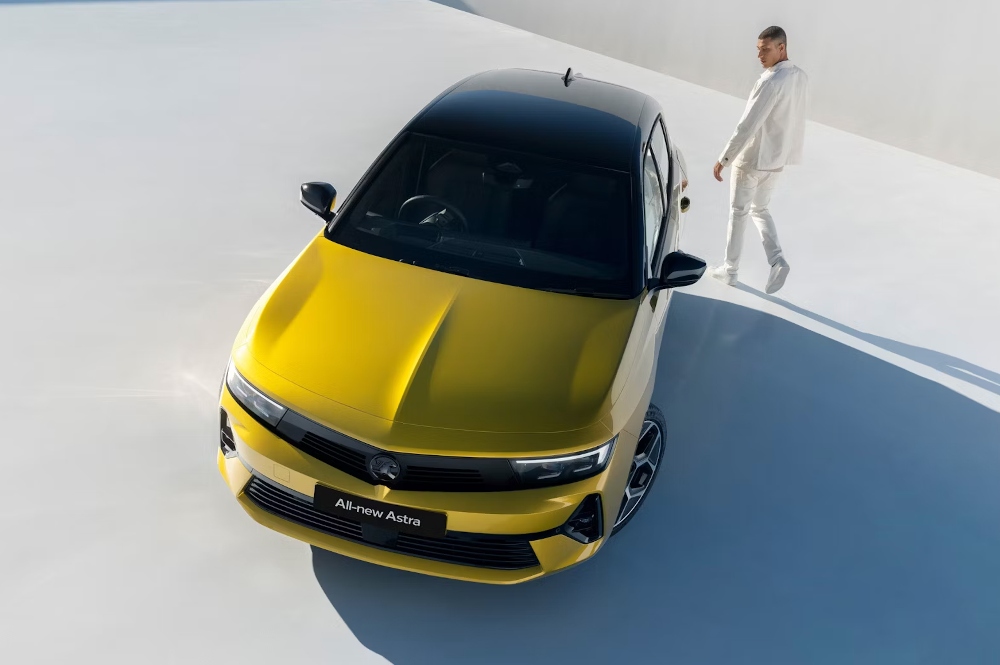
EU Imposes Tariffs to Counter Chinese Electric Vehicle 'Threat'
Chinese electric vehicles (EVs) could soon become more expensive in the European Union (EU) following a decision by EU politicians who view the influx of these cars as a threat to their own automotive industry.
The EU has "provisionally concluded" that starting from July 4th, Chinese EV manufacturers will face tariffs unless ongoing discussions with Chinese authorities lead to an effective resolution.
This announcement is part of a broader investigation by the EU into what it describes as a flood of cheap, government-subsidized Chinese cars entering the European market. In response, China has accused the EU of violating international trade rules and labeled the investigation as "protectionism."
EV manufacturers who cooperated with the investigation, which began in September, will be subjected to an average duty of 21%. Those who did not cooperate will face a significantly higher duty of 38.1%. Additionally, specific tariffs will be imposed on three major Chinese companies:
-
BYD: 17.4%
-
Geely: 20%
-
SAIC: 38.1%
These new tariffs will be in addition to the existing 10% tariff on all electric cars produced in China.
The EU’s decision follows the United States' recent move to increase its tariff on Chinese electric cars from 25% to 100%, a much more aggressive stance. This decision has sparked criticism not only from China but also from within the EU and various industry figures. China’s foreign ministry spokesperson, In Jian, condemned the EU's anti-subsidy investigation as a "typical case of protectionism." He warned that such tariffs could harm "China-EU economic and trade cooperation and the stability of the global automobile production and supply chain."
The tariffs are set to become definitive from November unless a qualified majority of EU member states—15 countries representing at least 65% of the bloc’s population—vote against the measure. Germany's Transport Minister, Volker Wissing, expressed concern that the tariffs could lead to a "trade war" with Beijing. He stated on X, formerly known as Twitter, that "The European Commission's punitive tariffs hit German companies and their top products."
The European Automobile Manufacturers' Association (ACEA) emphasized the importance of "free and fair trade" in maintaining the competitiveness of the European car industry. However, they noted that tariffs are only one aspect of the broader challenge of increasing the adoption of electric vehicles.
The backdrop to this issue is the rapid growth of the electric vehicle market in China. According to the International Energy Agency’s annual Global EV Outlook, over eight million electric vehicles were sold in China last year, accounting for about 60% of the global total.
The EU's intervention highlights the growing concern among European manufacturers about the competitive pressure from Chinese EVs. European carmakers are worried that the influx of cheaper Chinese models, bolstered by substantial government subsidies, could undermine the local industry. The EU’s response aims to level the playing field by imposing tariffs that reflect the subsidies Chinese manufacturers receive.
However, this protectionist measure has sparked a debate within the EU. While some argue that it is necessary to protect domestic industries from unfair competition, others worry about the potential for escalating trade tensions. Critics argue that such tariffs could lead to retaliation from China, which could harm European exporters and disrupt the global supply chain.
The potential impact on consumers is also a concern. Higher tariffs on Chinese EVs could lead to increased prices, reducing the affordability and appeal of electric vehicles in the European market. This could slow down the adoption of EVs, which is a key component of the EU’s strategy to reduce carbon emissions and combat climate change.
In response to these challenges, European manufacturers are calling for a more comprehensive approach to support the transition to electric vehicles. This includes investing in infrastructure, such as charging stations, and providing incentives for consumers to switch to electric cars. The ACEA emphasized that while tariffs might provide short-term relief, a long-term strategy is essential to ensure the competitiveness of the European automotive industry in the global market.
As the EU continues its investigation, the outcome of the discussions with Chinese authorities will be closely watched. The decision will not only affect trade relations between the EU and China but also set a precedent for how the EU handles competition in the burgeoning electric vehicle market. The situation underscores the complexities of balancing protectionist policies with the need for free and fair trade in a rapidly evolving global industry.
Trending
-
1 How IoT is Revolutionizing Sustainability: A Brighter Future Beckons
Susanna Koelblin -
2 How The Water Treatment And Desalination Will Change The Environment For The Better
Daniel Hall -
3 How Intermediate Bulk Containers Enhance Environmental Sustainability
Daniel Hall -
4 Hybrid Cars and Their Key Benefits
Susanna Koelblin -
5 UK Faces Wettest July in Recent Memory
Daniel Hall





Comments